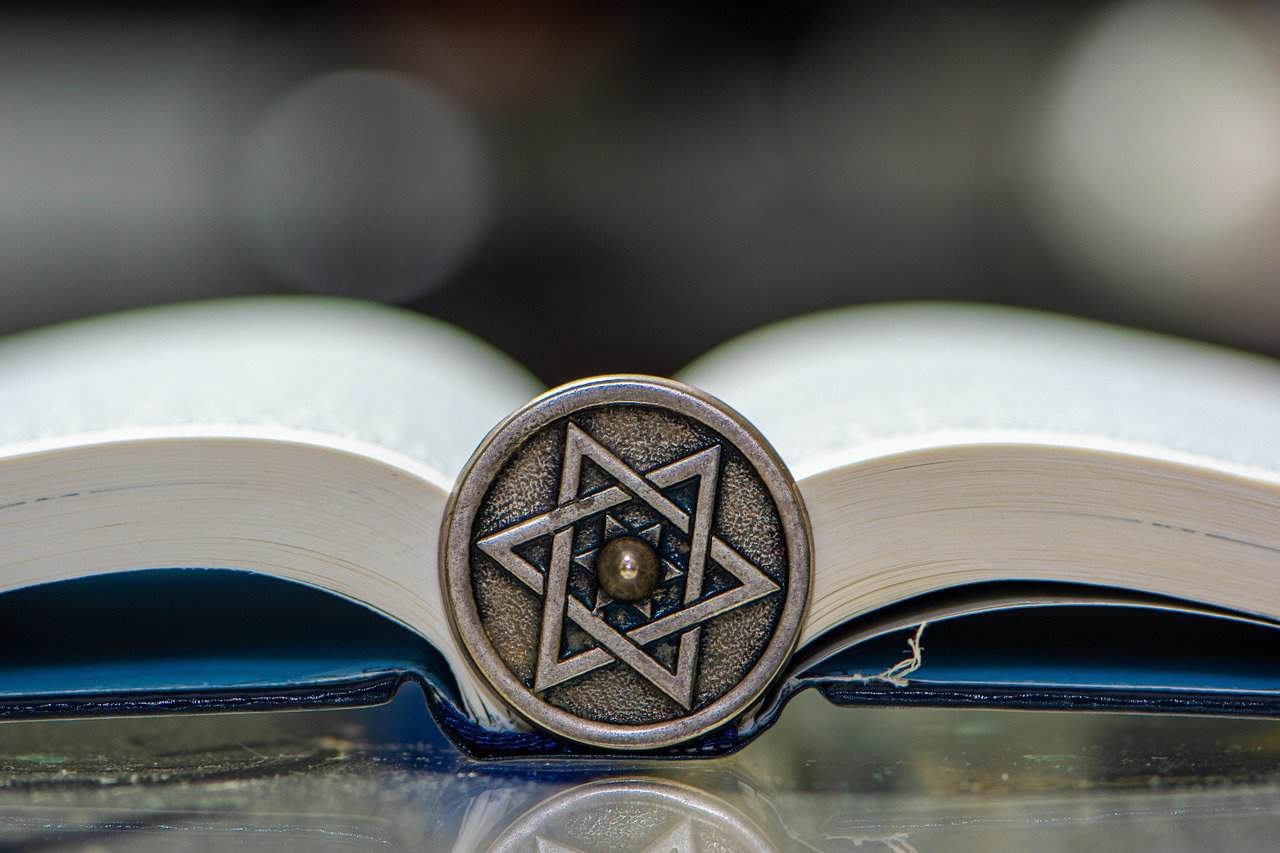Costa Rica has formally adopted the International Holocaust Remembrance Alliance’s (IHRA) working definition of antisemitism. This step positions the country as the sixth in Latin America to take such action, after Argentina, Colombia, Guatemala, Panama, and Uruguay. The announcement came from the Ministry of Foreign Affairs, highlighting the move as part of ongoing efforts to fight discrimination and promote human rights.
Foreign Minister Arnoldo André Tinoco issued a statement supporting the definition. He described it as a guide to spot and address antisemitism in different forms. President Rodrigo Chaves also backed the decision, showing leadership in tackling hate amid regional concerns.
The adoption followed discussions between Costa Rican officials and a delegation from the American Jewish Committee (AJC). Dina Siegel Vann, who leads AJC’s institute for Latino and Latin American affairs, said the group raised alarms about increasing antisemitic incidents since the October 7, 2023, attacks on Israel. She noted that Costa Rican leaders responded promptly.
Jewish groups reacted positively. The World Jewish Congress thanked the government for its commitment against Jew-hatred. Gilbert Meltzer, head of Costa Rica’s Jewish Community Center, spoke at a UN Human Rights Council session in June, pushing for this outcome on behalf of the Congress.
The IHRA definition states antisemitism as “a certain perception of Jews, which may be expressed as hatred toward Jews.” It lists examples, such as denying Jewish self-determination or blaming Jews collectively for Israel’s actions. More than 40 countries have adopted it, plus many cities, schools, and organizations.
In Latin America, antisemitism has grown, with reports of online abuse, vandalism, and attacks. Groups like the Simon Wiesenthal Center note sharp rises in some areas, including a 250% increase in Holocaust denial content in Argentina last year. Costa Rica’s action contrasts with Brazil’s recent withdrawal from IHRA involvement. Fernando Lottenberg, an OAS commissioner on antisemitism, pointed out this difference, calling on Brazilian local governments to step up.
Local leaders in Costa Rica view the adoption as practical. It aids education on tolerance and helps law enforcement spot bias crimes. Our country maintains strong ties with Israel since 1948, and this reinforces that relationship during tough times.
This fits Costa Rica’s history of peace and rights focus, having ditched its army in 1948 to prioritize education and the environment. Adopting the definition extends that to counter prejudice. Experts stress the need for such tools as antisemitism shifts, often blending with anti-Zionism or theories. It offers clear direction for officials, teachers, and activists.
For Costa Ricans, changes may come slowly, but Jewish families gain confidence. Next, groups like AJC plan sessions to apply the definition through training. Monitoring efforts will follow progress, appreciating Costa Rica’s position.






